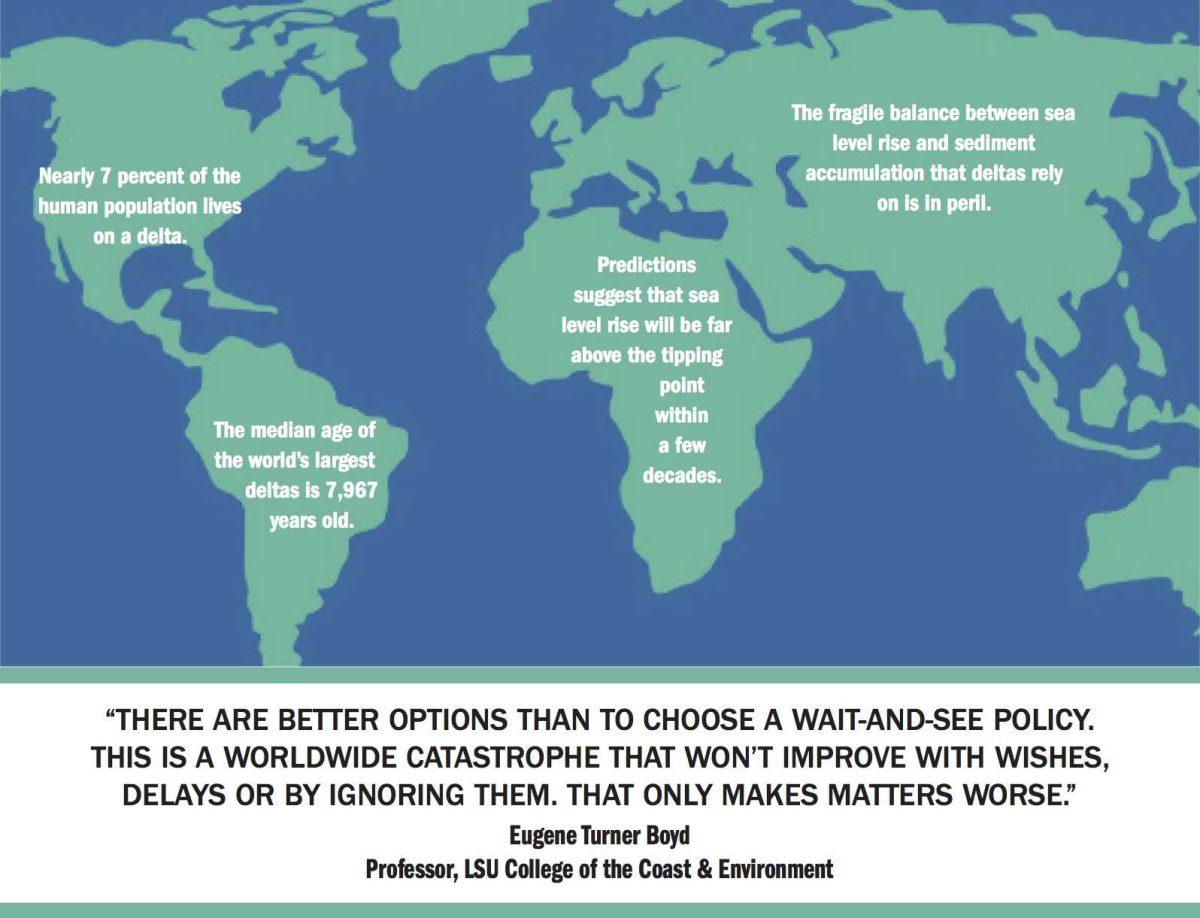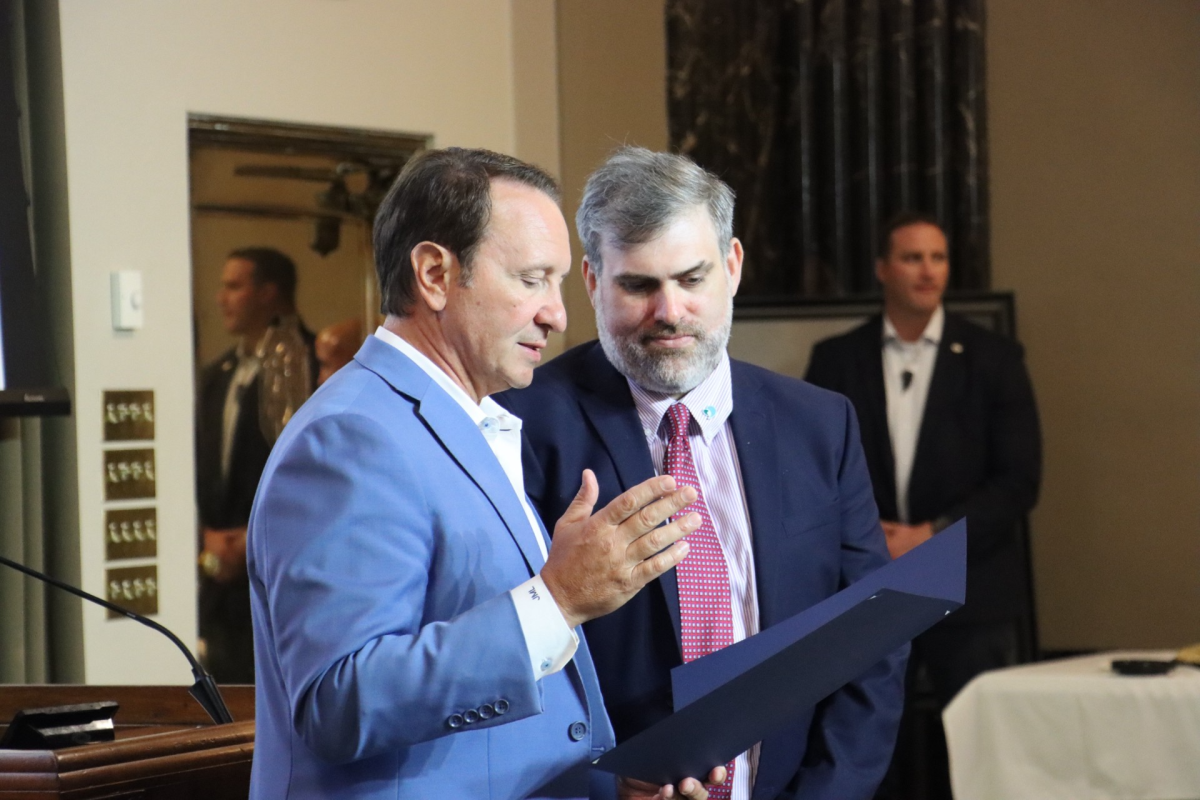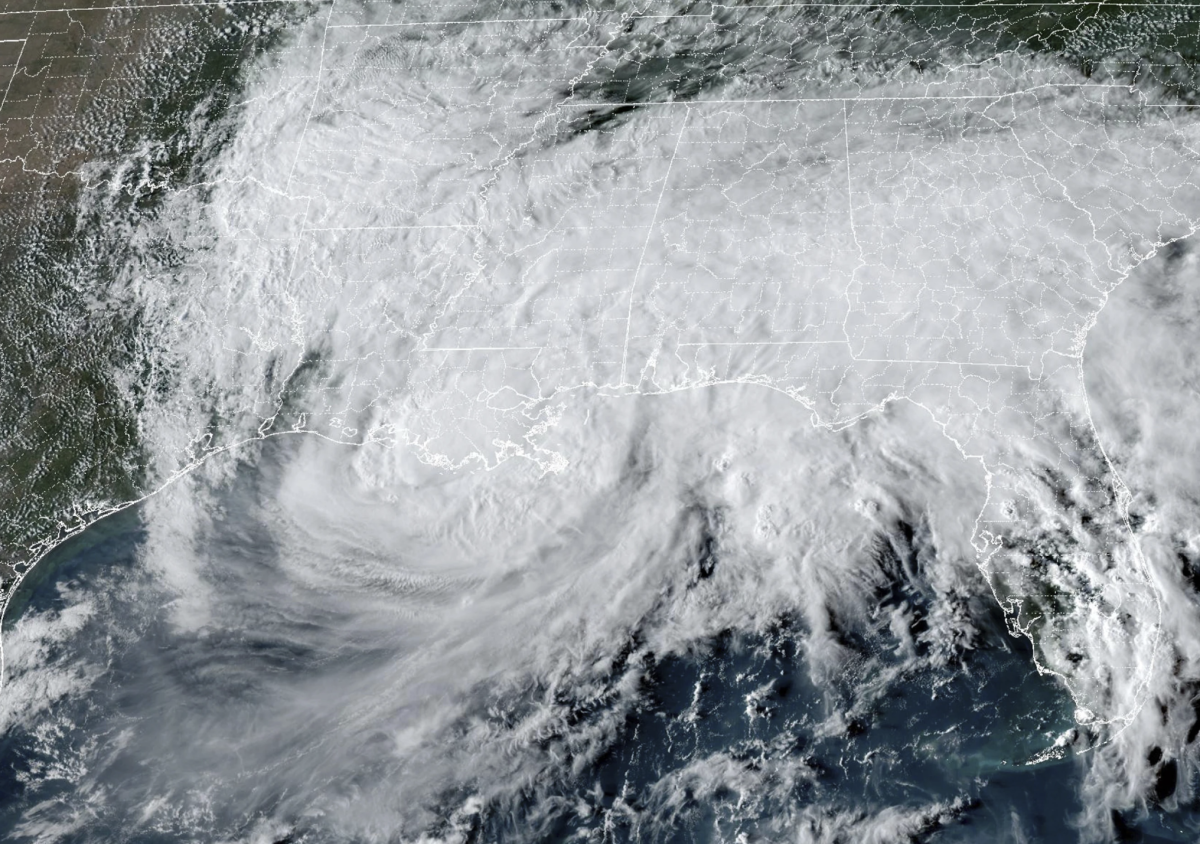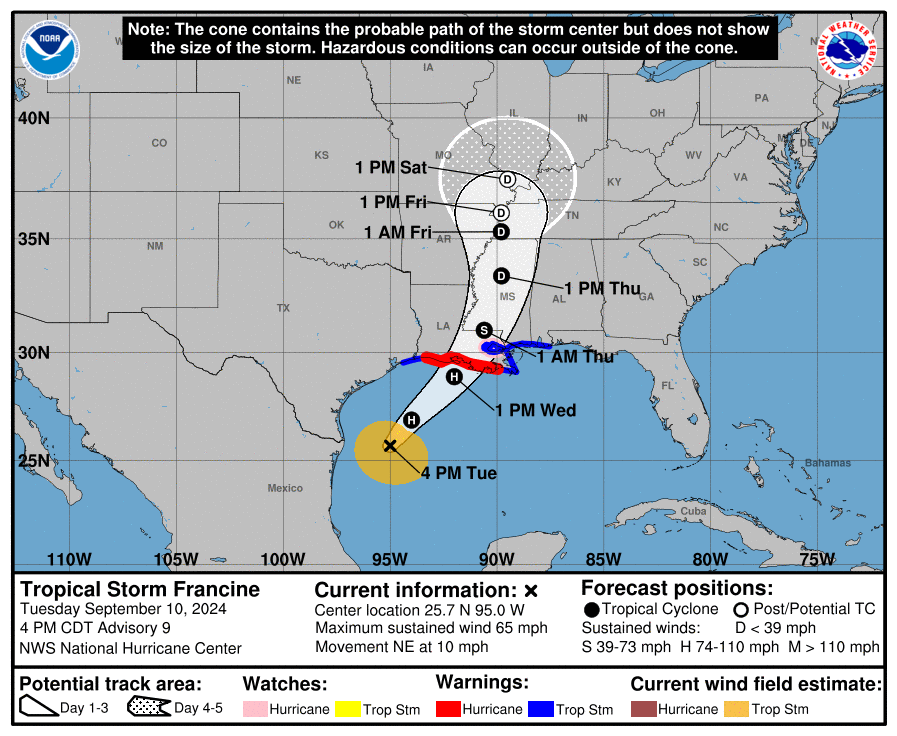Frequently rising sea levels have resulted in the danger of losing deltas across the world, according to new research published in the Journal of Coastal Research.
LSU College of the Coast and Environment Boyd Professor R. Eugene Turner said deltas formed eight thousand years ago, and they laid a peat layer, which is the accumulation of partially decayed vegetation and organic matter. People have examined that layer and discovered they are all around the same age. The deltas did not form until the sea level was about 5 millimeters or less. The sea level has slowed until recently, and now the acceleration rate is at 3.9 millimeters per year.
“If you’re in a car, it’s no longer 10 miles an hour, it’s 20 miles an hour,” Turner said. “We’re worried about it being at 30 miles an hour.”
More than 500 million people, or nearly 7 percent of the human population, live on a delta, according to the research. One in particular, the Mississippi River Delta, located at the tip of the “boot” of Louisiana, is collapsing, Turner said. The Mississippi River deltas are at around 60-100 miles out south of New Orleans, which means there is less buffering from storms, creating added difficulty for ships. The mineral and organic matter is at an increasing threat.
“The city itself is going further and further below sea level and the levees have to be filled up to contain them,” Turner said. “Half the people in the U.S. live on the coast, and roads are already being flooded more frequently.”
Turner said it is a fact that these things are happening and they cannot be denied. People need a more long term perspective about these consequences and how to deal with them, he said.
“We have to recognize that these large changes are happening, and it is not something that is going away, and it also has a momentum behind it,” Turner said. “Even if we stopped climate change right now, oceans are still going to warm continually and sea levels are going to rise for the next 100 years. We have to recognize what we’ve done and stop what we’re doing and reverse it.”
Turner said it is not going to be a very comfortable scenario because there is so much based on a growth economy and our society has to go into something other than that. The U.S. is a more exploitive economy, as opposed to a steady-state economy.
Turner said some people think they want more proof of climate change, which is a wait-and-see. He warns the effects of climate change must be addressed before the impacts become irreversible.
“We have to look ahead at what’s happening now and in the future, not wait until something worse is happening,” Turner said. “If you saw somebody taking money out of your checking account every week, would you wait until it’s zero or would you try and do something right away?”











